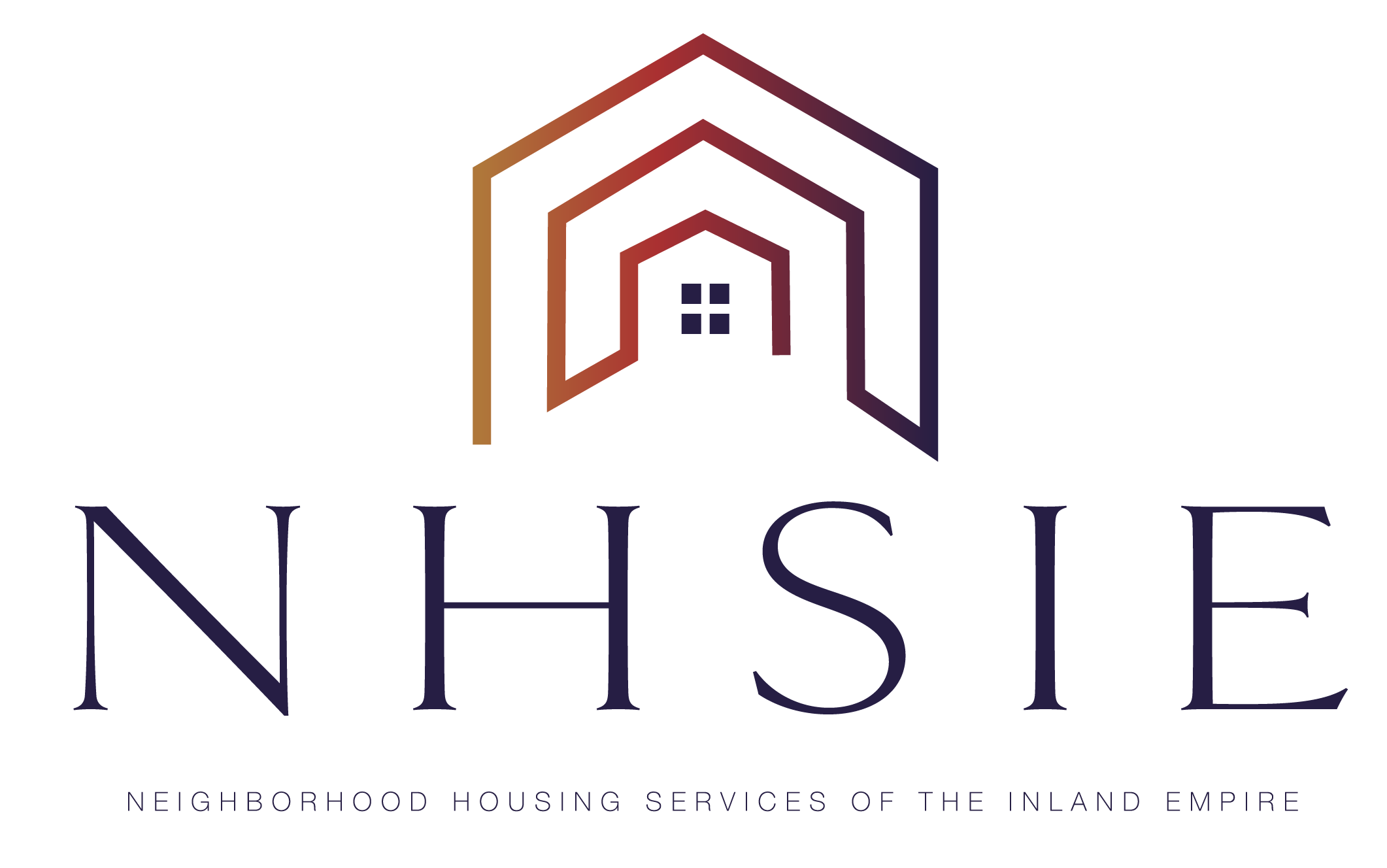Lack of money is driving more people to overdrink, or rack up more credit card debt, or both in the past year.
It’s not unusual in these pandemic times, and can even lift the spirits, momentarily.
Dean Chambers, a clinical therapist and consultant, said indulgences can take many forms, like overspending, overeating and over-drinking. But that instant gratification is bad in the long run.
“It’s a psychological impulse when people are stressed, especially when we are depressed,” said Chambers, who was recently featured as part of the African American Health Coalition “Express Yourself Beautiful Black Man” series. The event was a cultural competency presentation for the Black Mental health series covering racial and mental health disparities.
Chambers is concerned about what comes after COVID-19. Post Traumatic Stress Disorder is chronic within the Black community, yet he thinks the emotional fallout of COVID-19 is still to come.
By itself, the virus is a psychological drain worldwide. For the Black community, however, the pandemic is just one of many crises.
“A lot of us are so used to trauma from the police, we’re used to gun violence. We’re so used to dealing with stress that COVID comes along and we’re like – this is not good but I’ll just keep doing what I’m doing, surviving because I’ve survived all this other stuff,” he said.
One way to deal with high stress is nature. Research shows that nature is an emotional boost, but he heard one Black psychologist describe how he never sees Black people when he’s out on the trails.
It’s probably for a good reason.
“Nature really is a source of a lot of trauma for us. You couldn’t walk in the woods if you’re Black. We associate being isolated in nature. It’s deep in our psyche, it’s trauma at the DNA level,” said Chambers, a critical care manager with Alameda County Behavioral Health Care Services.
Statewide, several good free resources are available. Locally, the African American Health Coalition is a clearinghouse of information with referrals for services.
He also likes the free 12-Step Programs held in most cities and counties for any addictions. Connecting in group setting offer supportive relationships, as well as webinars to access group therapy.
He said it can act as a springboard out of isolation and lead to individual therapy.
“People are at their worst when they’re sliding,” he said. “A lot of times with alcohol or substance abuse, with COVID they are isolated. I would love to see more pulling people together in our communities to talk about it in groups.”
Dealing with stress is driving some folks to drink more, while others turn to credit cards for “retail therapy” or just keep the lights on, but it’s like digging a hole that’s hard to get out of.
Last month, the Bureau of Labor Statistics reported that unemployment is running double for Blacks at 9.6% joblessness compared to whites at 5.4%.
Other reports, including Pew Research Center recently highlighted just how hard the pandemic has hit the community. Of those impacted, lower-income and Black adults are more likely to have taken on more debt or put off paying their bills to cover lost wages or salary.
“About six-in-ten Black and Hispanic adults (61% each) say they will use a majority of the money to pay for bills or essentials, compared with 48% of White adults and 51% of Asian adults. White and Asian adults are more likely than Black and Hispanic adults to say they will save it (24% and 28% vs. 16% and 15% respectively),” the report said.
Felicia Brown-Smith said her non-profit HUD-approved counseling agency can help.
The Neighborhood Housing Services of the Inland Empire is also part of the local partner network offering emergency rental assistance, and funding allocated to help pay for past-due utilities.
Because bad credit scores are linked to so many day-to-day dealings, she said a low FICO score can cost hundreds of dollars more to get into an apartment.
“If they are able to get into a rental at all, not to mention that if there are certain things on your credit, [such as] utility bills posted to your account, and collections,” said Brown-Smith, Executive Director and CEO of NHSIE.
Recently, she launched easy access financial fitness classes so the community can learn to improve their credit score, avoid predatory lenders or high interest rates on quick money.
“We know some of the more predatory lenders target our community. Talk about high interest rates, not just credit cards, but payday loans and pay advances when they get their taxes done,” she said.
NHSIE’s online financial classes are as easy as having a cell phone, and offers resources, tools and credit coaches. They have letter templates for those that deal with a judgment, or guidance on negotiating a payoff.
“One of the things that’s ingrained with the class is how to deal with some of these issues. It’s also something that we address in our homebuyer education classes that deal with money management and the use of credit,” she said.
As tax deadlines draw near, consumers should watch out for outrageous fees charged for immediate or next-day return deposits. If the community realized how much more fast money costs, such as with payday loans, she feels they would think twice, and wait a little longer.
In the months ahead, she wants work with other like-minded groups, churches and organizations so the community can get a better grip on their finances.
“The concern for all of us in this space is really how fast can we reach out to them to help them to participate, particularly since they’re already in a challenging situation,” she said.
For more information on credit resources help, see https://www.nhsie.org/all-learning
To watch the Beautiful Black Man session, see www.theaamhc.org
